Long Chau lighthouse: 100-year-old beacon
Off Cat Ba island, Vietnam's third-oldest lighthouse stands guard on Long Chau archipelago, offering history, beauty, and a breathtaking sunset.
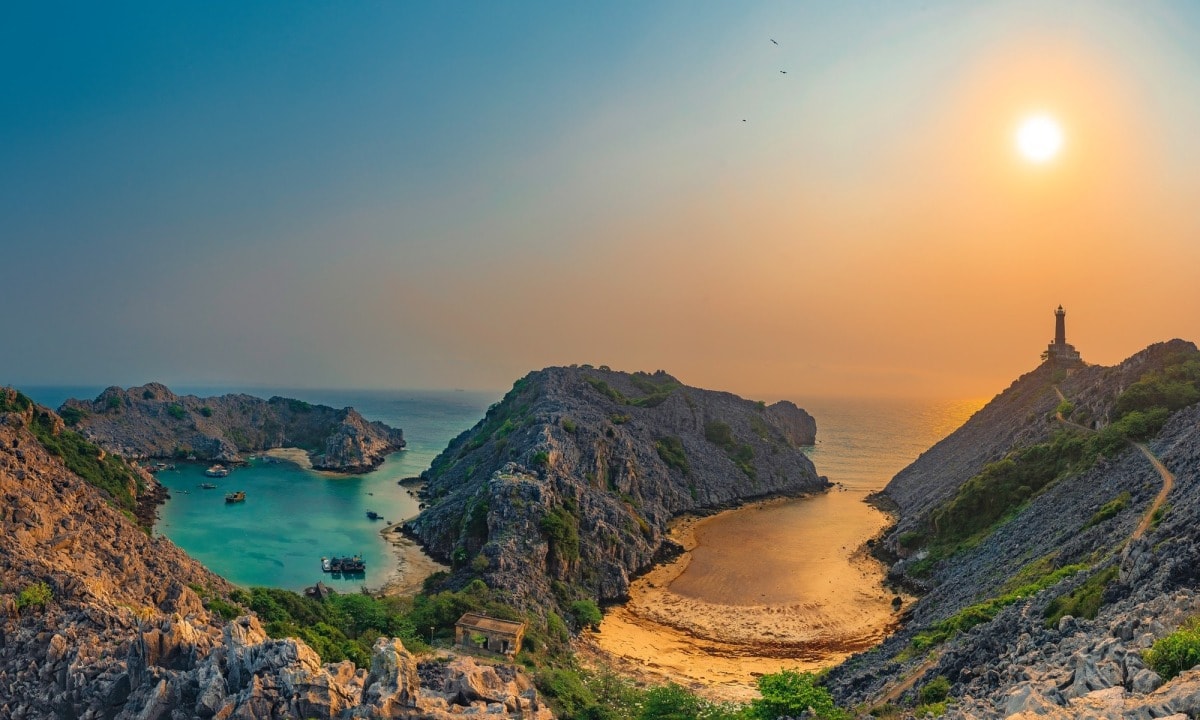
Long Chau is an archipelago consisting of about 30 islands, rocks, and reefs, located 15 kilometers southeast of Cat Ba town, technically within the jurisdiction of the northern port city of Hai Phong.
Long Chau Island is the largest in the chain, covering an area of more than 1.2 square kilometers. The island is characterized by gray rocky mountains, similar to the UNESCO geopark Dong Van Plateau in Ha Giang province.
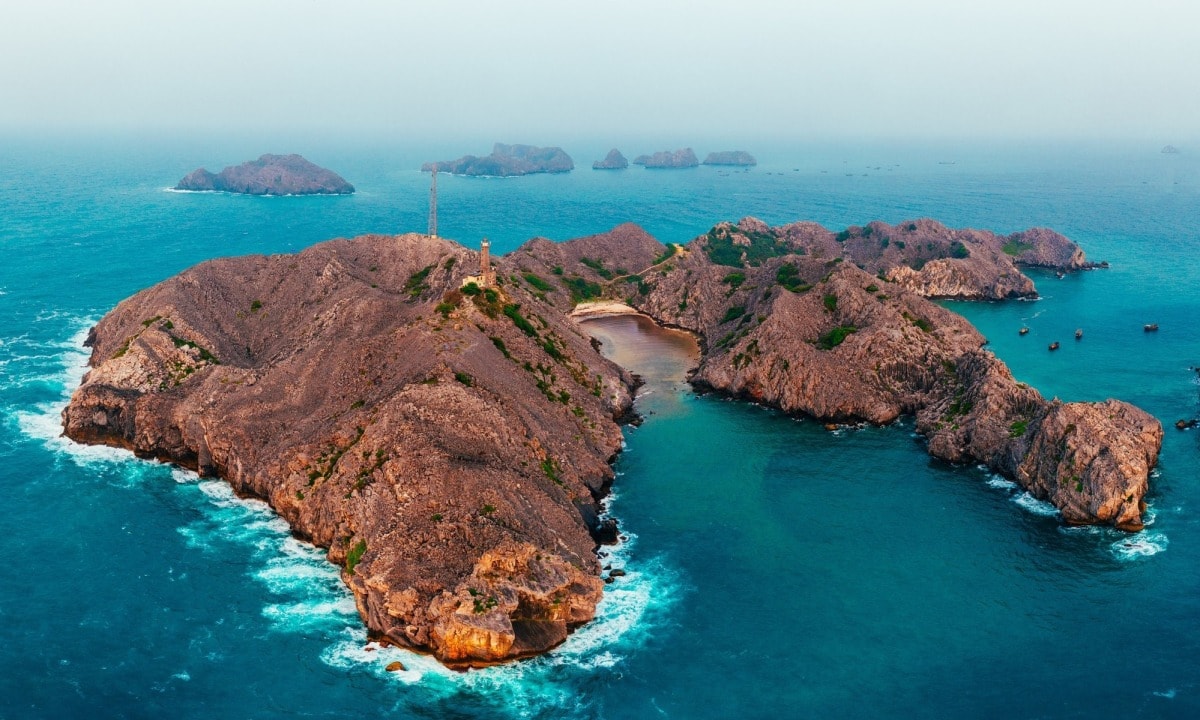
The French named Long Chau island as Archipel des Griffes du Dragon (Dragon's Claws), according to the Vietnam Border Guard website. In 1894, they built a lighthouse on the island to guide ships at sea. Fishermen often refer to the lighthouse as the "Long Chau Pearl Eye."
Long Chau is one of the three oldest lighthouses in Vietnam, along with Hon Dau and Ke Ga, which are both over 114 years old.
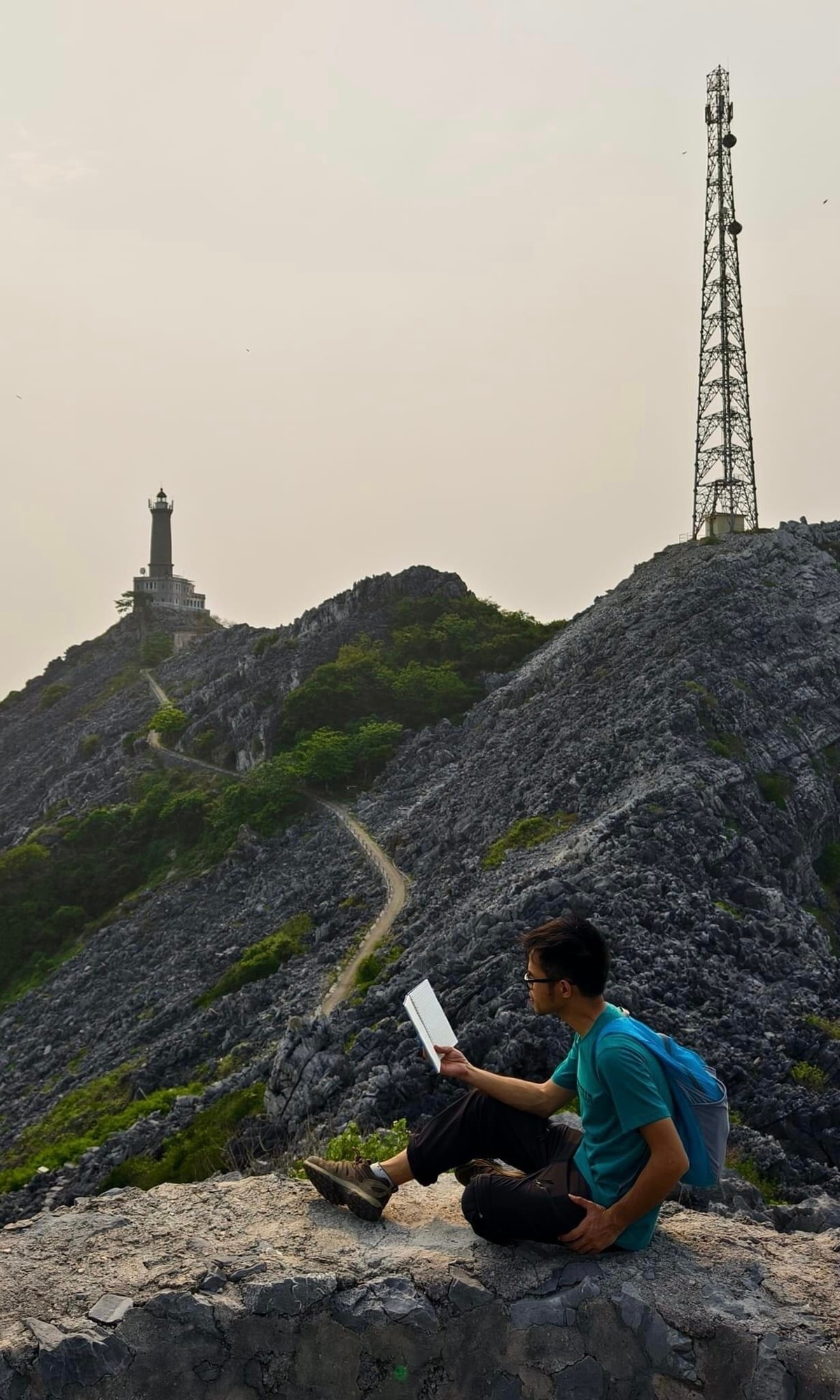
At the end of April, Nguyen Trong Cung from the northern province of Thai Binh visited the island to see the third oldest lighthouse in Vietnam. He noted that tourists need approval from the Long Chau border police to travel to the island. Currently, there are no permanent residents on the island, only officers, soldiers, and workers at the Long Chau Lighthouse Station and Long Chau Border Guard Observation Station. Visitors are not allowed to stay overnight.
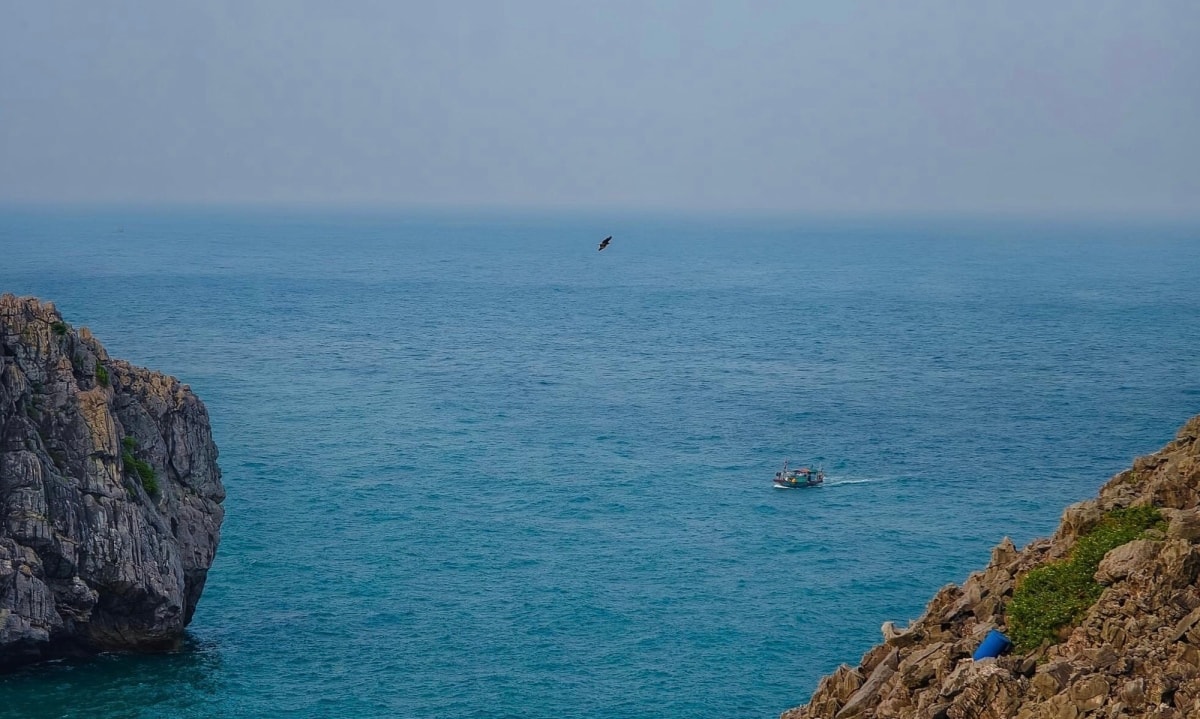
Cung rented a fishing boat for the journey to the island from Cat Ba Town. The two-hour trip, costing around VND5 million ($196), took him through choppy waters on a smaller vessel, a potential recipe for seasickness for some travelers.
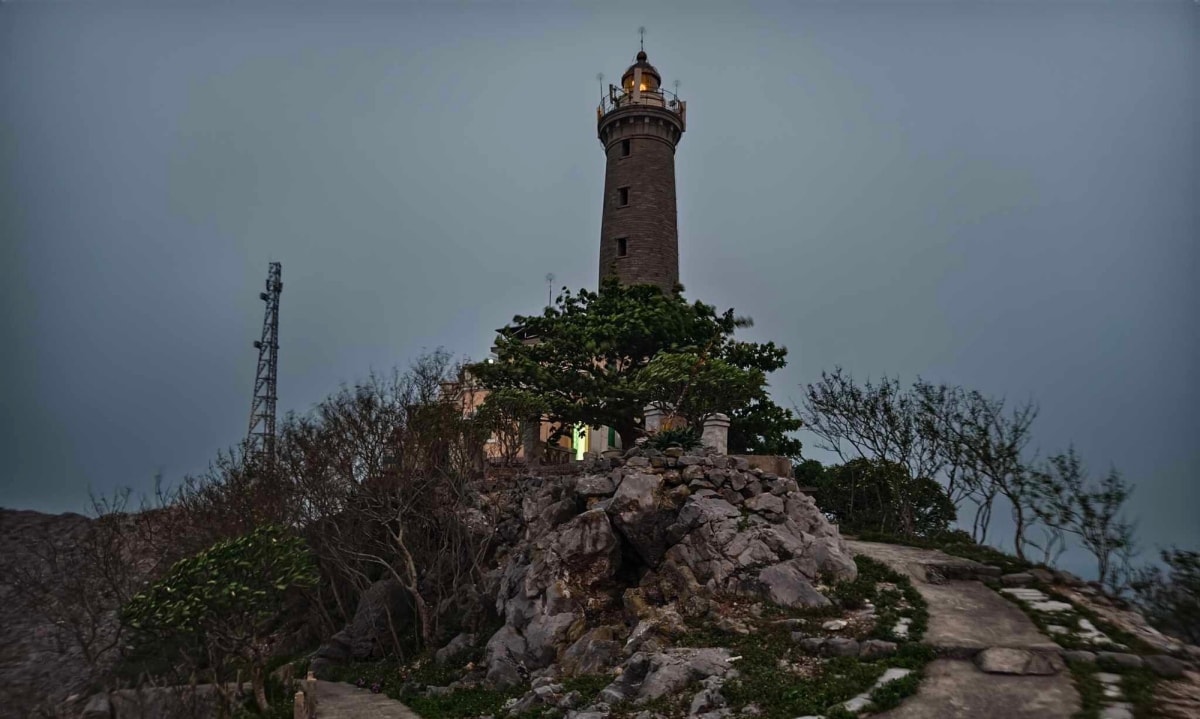
While the boat trip to Long Chau Island can be rough, reaching the Long Chau Lighthouse itself is a straightforward hike thanks to established trails. However, caution is advised: the island's terrain features sharp rocks and harbors a variety of poisonous insects and reptiles, including snakes and centipedes.
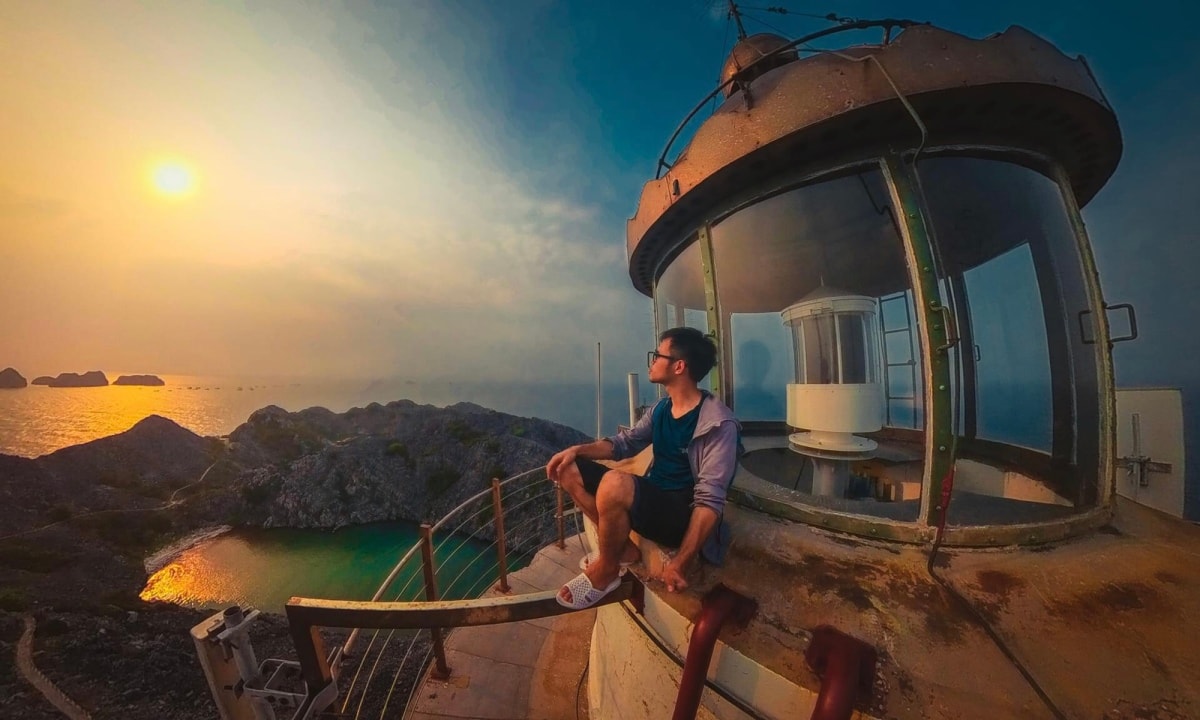
Long Chau lighthouse, constructed entirely of stone, stands 109.5 meters high, with its light visible up to 50 kilometers away. The lighthouse now uses a solar-powered light, but the original pedestal built by the French remains intact. The eastern stone wall of the lighthouse still bears the marks of bullets from the U.S. military used during the Vietnam War.
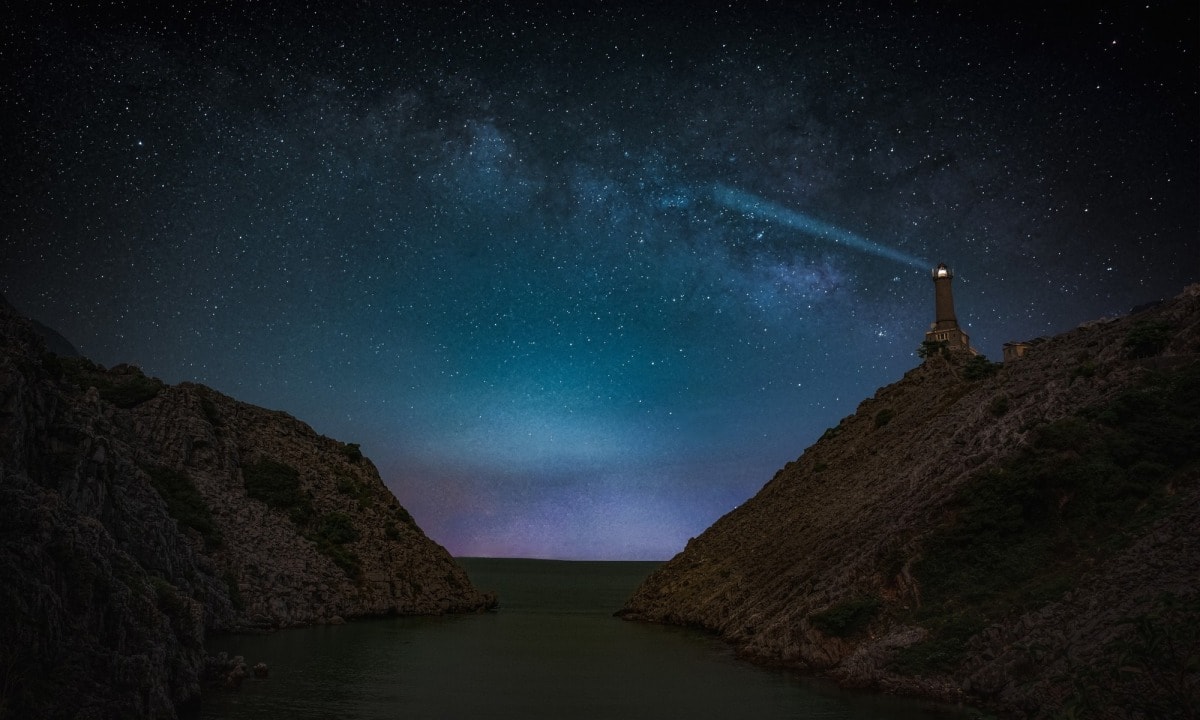
Despite harsh weather conditions and hundreds of raids by the U.S. Air Force during the war, the lighthouse remains standing firm on the cliff, facing the East Sea, having guided thousands of ships and boats for over a century.
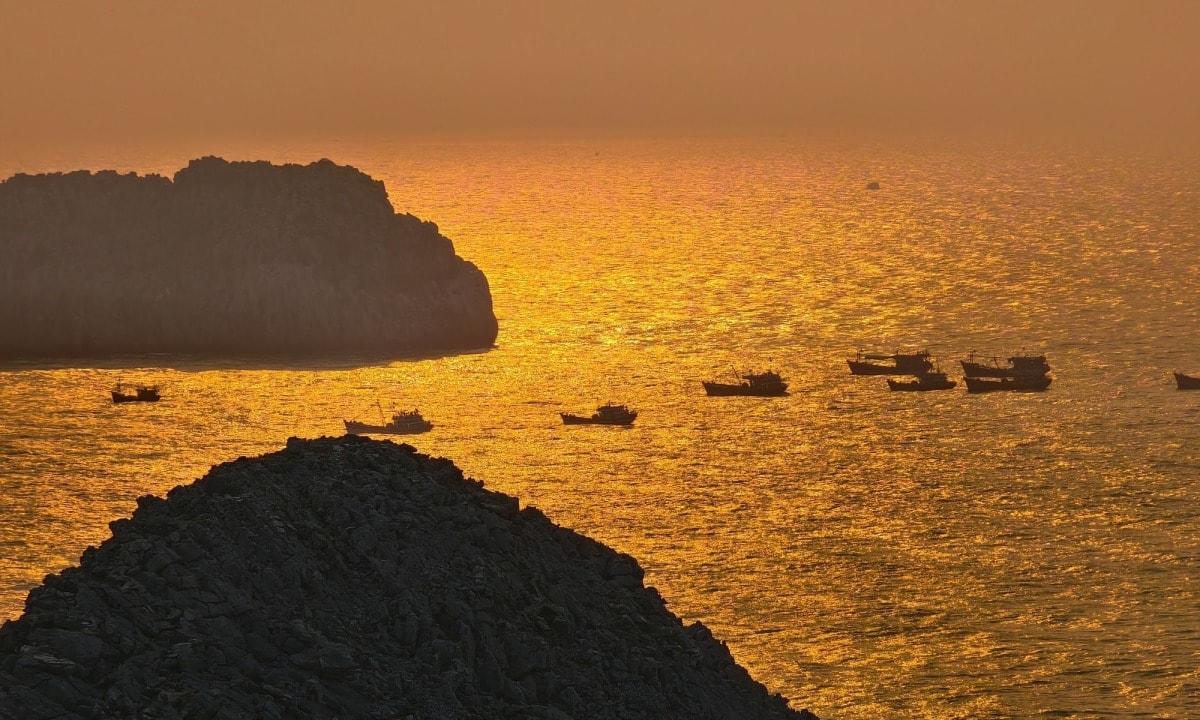
On clear days, visitors can see Lan Ha Bay (Hai Phong city) and Ha Long Bay (Quang Ninh province) from the top of the lighthouse.
In addition to visiting the lighthouse, tourists can rent a boat to cruise around the island, enjoy the sea breeze, and admire the mountains in the middle of the ocean. As evening paints the sky, witness a sunset, where the sun seems to gild the sea surface with a golden glow, just as Cung described.
TB (according to VNE)
